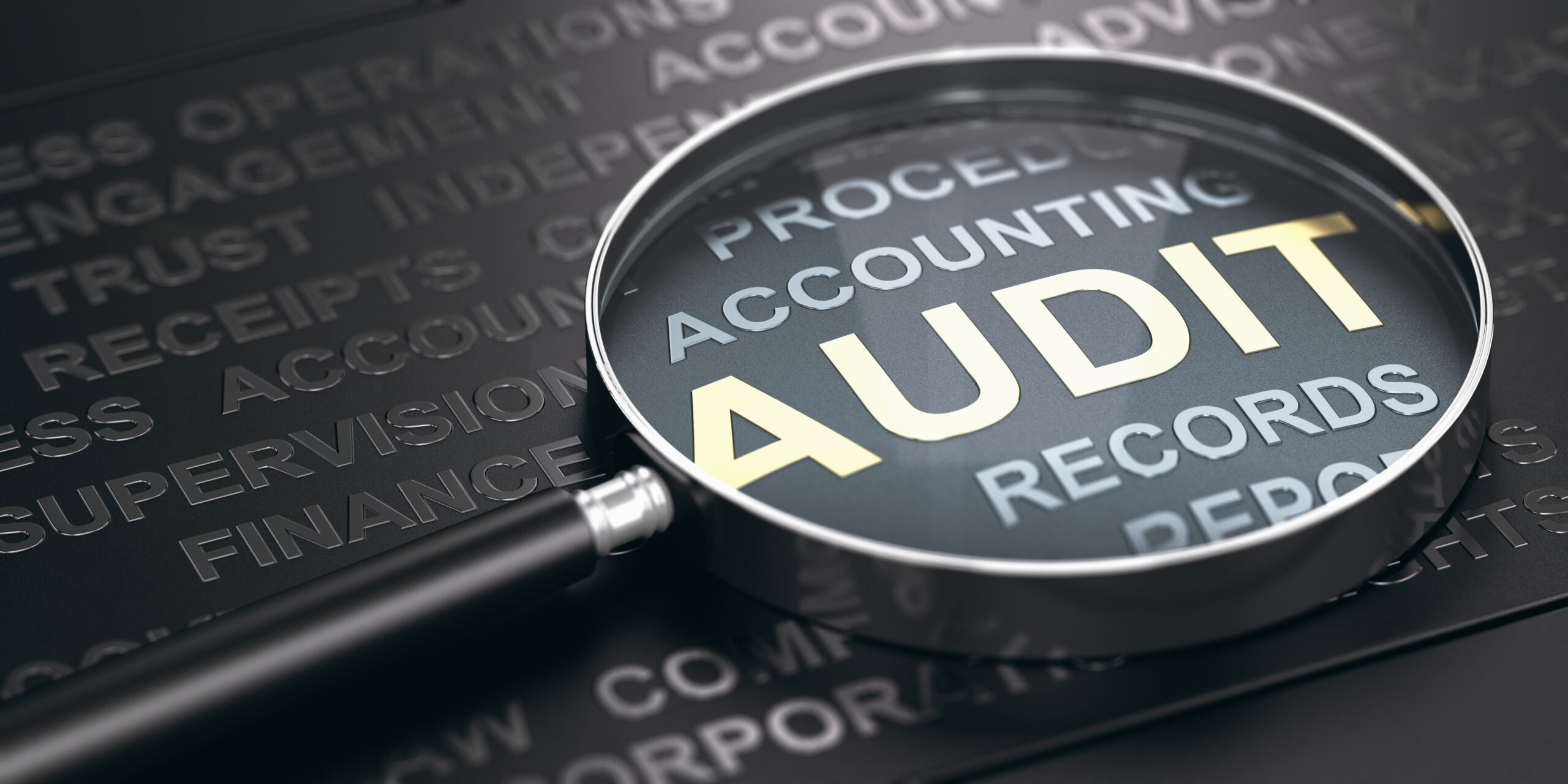Internal audit functions have become increasingly critical in today's complex business environment, where regulatory compliance, risk management, and corporate governance are under constant scrutiny. As organizations rely more heavily on internal audit teams to identify risks, ensure compliance, and provide assurance to stakeholders, the potential for professional liability claims has grown significantly. Internal Audit Insurance provides essential protection for these vital business functions.
Understanding Internal Audit Insurance
Internal Audit Insurance is a specialized form of professional indemnity coverage designed specifically to protect internal audit departments, their staff, and the organizations they serve. This insurance addresses the unique risks faced by internal auditors as they perform their critical oversight and assurance functions within modern businesses.
Unlike external audit firms that typically carry their own professional indemnity insurance, internal audit teams operate as part of the organization, creating specific liability exposures that require tailored coverage. This insurance bridges the gap between standard professional indemnity policies and the specific needs of internal audit functions.
Key Coverage Areas
Professional Liability Protection
The primary component of Internal Audit Insurance covers claims arising from alleged errors, omissions, or negligent acts in the performance of internal audit duties. This includes situations where internal auditors are accused of failing to identify significant risks, providing inadequate recommendations, or missing material weaknesses in internal controls.
Regulatory Investigation Support
Modern internal audit teams often face scrutiny from regulatory bodies, particularly in heavily regulated industries such as financial services, healthcare, and energy. The insurance provides coverage for legal costs and expenses associated with regulatory investigations, examinations, and enforcement actions related to internal audit activities.
Employment Practices Liability
Internal audit teams frequently interact with employees across all levels of the organization, sometimes uncovering misconduct or recommending disciplinary actions. This coverage protects against claims of wrongful termination, discrimination, or harassment that may arise from internal audit activities.
Cyber Liability Extensions
As internal audit teams increasingly rely on data analytics and digital audit tools, they face growing cyber risks. Specialized extensions can cover data breaches, cyber attacks, and privacy violations that occur during internal audit processes.
Common Risk Scenarios
Missed Material Weaknesses
Internal auditors may face claims when they fail to identify significant control deficiencies that later result in financial losses, fraud, or regulatory violations. For example, if an internal audit team reviews a procurement process but fails to identify inadequate segregation of duties that later enables a major fraud scheme.
Inadequate Risk Assessment
Claims can arise when internal audit risk assessments are deemed insufficient, leading to inadequate audit coverage of high-risk areas. This might occur when an internal audit team focuses on traditional operational risks while missing emerging technology or cyber risks.
Whistleblower Retaliation
Internal auditors often receive whistleblower reports and must investigate sensitive allegations. If employees who report concerns face retaliation, the internal audit team may be named in resulting employment claims.
Third-Party Reliance
External parties, including investors, lenders, and business partners, may rely on internal audit reports and recommendations. If these parties suffer losses allegedly due to deficient internal audit work, they may pursue claims against the organization and its internal audit team.
Industry-Specific Considerations
Financial Services
Banks, credit unions, and other financial institutions face heightened regulatory scrutiny of their internal audit functions. Coverage must address compliance with banking regulations, anti-money laundering requirements, and consumer protection laws.
Healthcare Organizations
Healthcare internal audit teams deal with complex regulatory environments including HIPAA compliance, Medicare/Medicaid regulations, and patient safety requirements. Insurance coverage must account for these specialized risks.
Public Companies
Organizations subject to Sarbanes-Oxley requirements face specific risks related to internal controls over financial reporting. Internal audit teams play crucial roles in SOX compliance, creating additional liability exposures.
Government and Non-Profit Entities
Public sector and non-profit internal audit teams face unique challenges including public records requirements, political pressures, and specialized governance structures that require tailored coverage approaches.
Coverage Limits and Considerations
Appropriate Limit Selection
Coverage limits should reflect the organization's size, complexity, and risk profile. Larger organizations with complex operations typically require higher limits, often ranging from £1 million to £10 million or more per claim.
Aggregate vs. Per-Claim Limits
Understanding whether limits apply per claim or in aggregate is crucial. Aggregate limits provide total coverage for all claims during the policy period, while per-claim limits apply to each individual claim.
Retroactive Date Considerations
The retroactive date determines how far back in time coverage applies. Organizations should ensure the retroactive date covers the full period of internal audit activities to avoid coverage gaps.
Risk Management Best Practices
Documentation Standards
Maintaining comprehensive documentation of internal audit work, including risk assessments, audit programs, working papers, and recommendations, is essential for both effective auditing and claims defense.
Professional Development
Ensuring internal audit staff maintain appropriate professional certifications and continuing education helps demonstrate competence and may support coverage under professional liability policies.
Independence Safeguards
Maintaining appropriate independence and objectivity within internal audit functions helps reduce the risk of claims and supports the professional nature of the work performed.
Quality Assurance Programs
Implementing robust quality assurance and improvement programs demonstrates commitment to professional standards and can help prevent errors that lead to claims.
Claims Prevention Strategies
Clear Reporting Lines
Establishing clear reporting relationships, typically to the audit committee or board of directors, helps maintain independence and provides protection from management interference.
Comprehensive Risk Assessment
Regular, thorough risk assessments ensure audit resources focus on the highest-risk areas and help demonstrate due professional care in audit planning.
Stakeholder Communication
Maintaining clear communication with management, the board, and other stakeholders about internal audit scope, limitations, and findings helps manage expectations and reduce misunderstandings.
External Quality Assessments
Periodic external quality assessments by qualified professionals provide independent validation of internal audit effectiveness and can identify areas for improvement.
Regulatory Compliance Considerations
Institute of Internal Auditors Standards
Compliance with IIA International Standards for the Professional Practice of Internal Auditing demonstrates adherence to professional best practices and may be considered in coverage determinations.
Industry-Specific Requirements
Various industries have specific internal audit requirements that must be considered in coverage design, including banking regulations, healthcare compliance standards, and public company requirements.
Data Protection Regulations
GDPR and other data protection regulations create additional compliance obligations for internal audit teams that must be addressed in insurance coverage.
Cost Factors and Pricing
Organization Size and Complexity
Larger, more complex organizations typically face higher premiums due to increased exposure and claim potential.
Industry Risk Profile
Some industries, particularly financial services and healthcare, may face higher premiums due to increased regulatory scrutiny and claim frequency.
Claims History
Previous claims experience, both for the organization and the broader market, influences pricing decisions.
Risk Management Practices
Organizations with strong risk management practices, including robust internal audit functions, may qualify for premium discounts.
Policy Exclusions and Limitations
Criminal Acts
Policies typically exclude coverage for criminal acts, fraud, or intentional misconduct by internal audit staff.
Prior Knowledge
Claims arising from circumstances known to the insured before policy inception are generally excluded.
Contractual Liability
Liability assumed under contract may be excluded unless specifically covered by endorsement.
Employment Benefits
Claims related to employee benefit plan administration may require separate coverage.
Integration with Other Insurance
Directors and Officers Insurance
Internal Audit Insurance should coordinate with D&O coverage to avoid gaps or overlaps in protection for audit committee members and senior management.
Professional Liability Insurance
Organizations with multiple professional service functions should ensure appropriate coordination between various professional liability coverages.
Cyber Insurance
As internal audit teams increasingly use technology and handle sensitive data, coordination with cyber insurance becomes more important.
Selecting the Right Coverage
Insurer Expertise
Choose insurers with specific experience in internal audit risks and professional liability coverage for similar organizations.
Policy Terms and Conditions
Carefully review policy language to ensure coverage aligns with the organization's specific risks and exposures.
Claims Handling Reputation
Consider the insurer's reputation for fair and efficient claims handling, particularly in professional liability matters.
Risk Management Support
Look for insurers that provide risk management resources and support to help prevent claims and improve internal audit effectiveness.
Future Trends and Considerations
Technology Integration
As internal audit teams adopt advanced analytics, artificial intelligence, and automated testing tools, new risks and coverage needs are emerging.
ESG Reporting
Growing focus on environmental, social, and governance reporting creates new areas of potential liability for internal audit teams.
Remote Work Challenges
The shift to remote work has created new risks for internal audit teams, including cybersecurity concerns and challenges in maintaining effective controls.
Regulatory Evolution
Continuing evolution of regulatory requirements across industries will create new compliance challenges and potential liability exposures for internal audit functions.
Conclusion
Internal Audit Insurance represents an essential component of comprehensive risk management for modern organizations. As internal audit functions continue to evolve and face increasing scrutiny, specialized insurance coverage becomes more critical for protecting these vital business functions.
Organizations should work with experienced insurance professionals to develop coverage that addresses their specific risks while supporting the independence and effectiveness of their internal audit teams. The investment in appropriate coverage not only provides financial protection but also supports the confidence and professionalism that internal audit teams need to perform their critical oversight functions effectively.
By understanding the risks, coverage options, and best practices outlined in this guide, organizations can make informed decisions about Internal Audit Insurance and ensure their internal audit functions have the protection they need to serve stakeholders effectively while managing professional liability risks.


 0330 127 2333
0330 127 2333
























